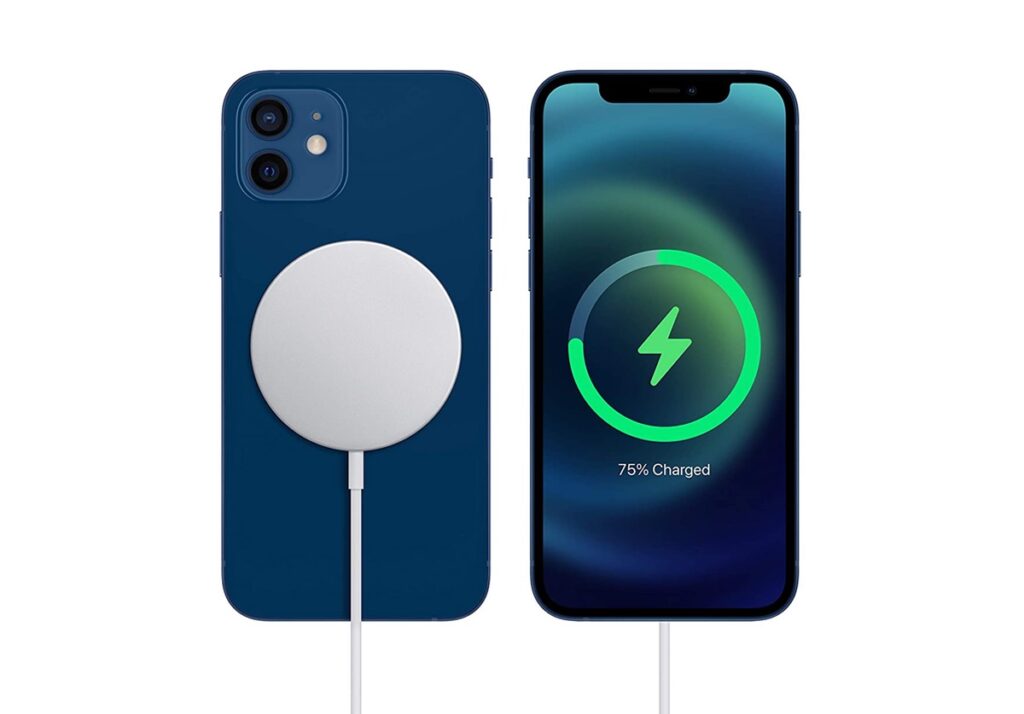The Qi wireless charging standard has served us well for years now, but it’s time for something new. That thing is the Qi2 standard, and it’s expected to feature on phones and chargers this holiday season.
That isn’t even the most interesting part, either — this new standard is based on the Apple MagSafe wireless charger that was introduced with the iPhone 12.
The new Qi2 standard was announced via a press release by the Wireless Power Consortium (WPC) and it was quick to note that Apple has helped out by offering the MagSafe charger at its core.
WPC member, Apple, provided the basis for the new Qi2 standard building on its MagSafe technology. Apple and other WPC members developed the new Magnetic Power Profile, which is at the core of Qi2. Qi2’s Magnetic Power Profile will ensure that phones or other rechargeable battery-powered mobile products are perfectly aligned with charging devices, thus providing improved energy efficiency and faster charging.
The use of magnetic connections ensures that chargers correctly align with the phones they’re connected to, allowing for improved charging speeds and less wasted energy. It also allows for things like magnetic power banks, like Apple’s own MagSafe Battery Pack.
The most notable takeaway here is of course that the WPC is effectively now bringing MagSafe to Android for the first time, although it will obviously be under the Qi2 branding rather than anything Apple-branded.
You may also like to check out:
- Download: iOS 16.2 Final OTA Profile File, IPSW Links Released
- How To Fix Bad iOS 16 Battery Life Drain [Guide]
- Jailbreak iOS 16.2 On iPhone And iPad Latest Status Update
- iOS 16 Compatible And Supported iPhone, iPad, iPod touch Devices
- iOS 16 Hidden Features: 100+ Changes Apple Didn’t Tell Us About
- Download: iPadOS 16.2 Final OTA Profile, IPSW Links Released
- iOS 16.2 Jailbreak Palera1n Download Released, Based On Checkm8 Exploit
You can follow us on Twitter, or Instagram, and even like our Facebook page to keep yourself updated on all the latest from Microsoft, Google, Apple, and the Web.

